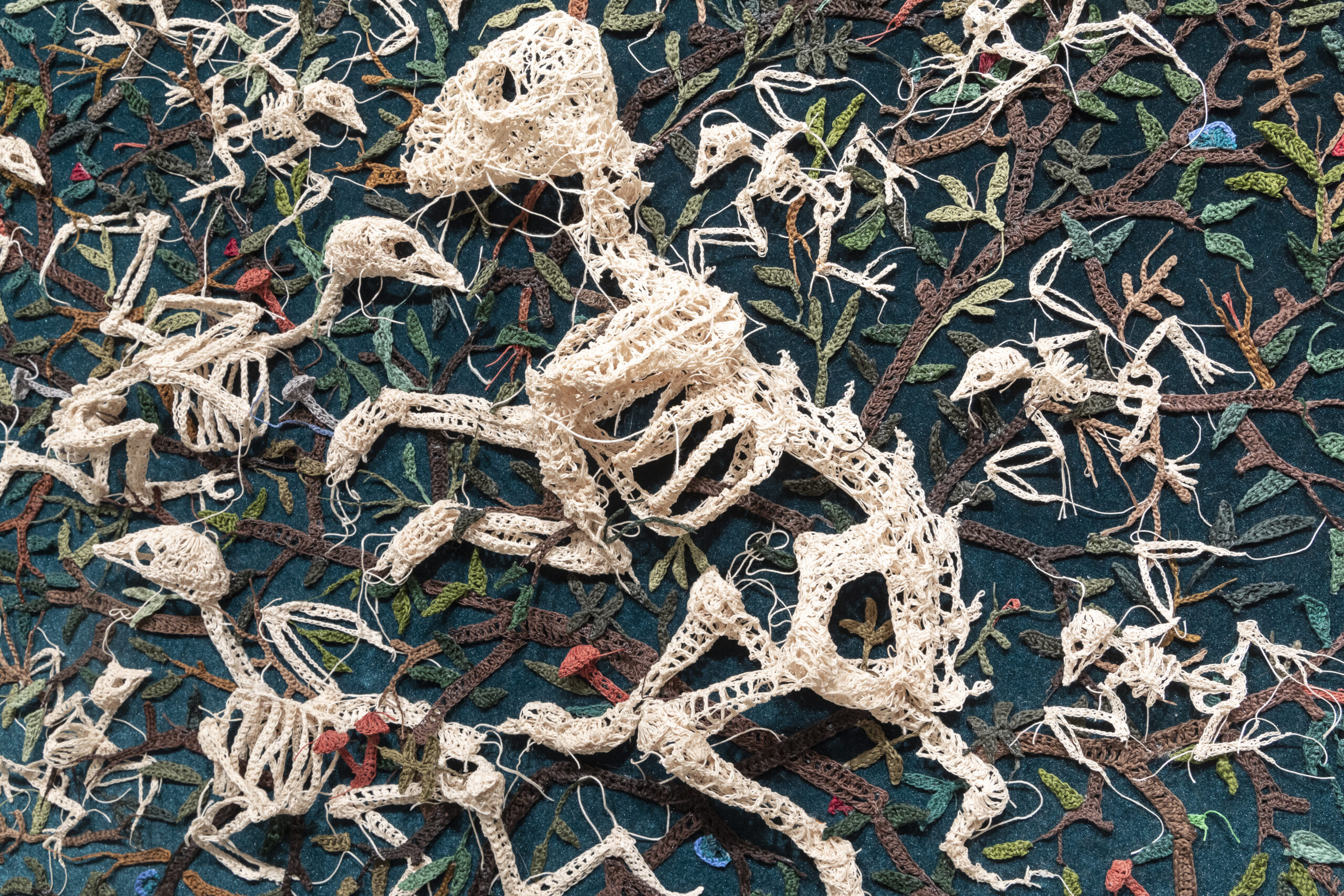- cross-posted to:
- [email protected]
- cross-posted to:
- [email protected]
At its core, an art museum is essentially a narrative of empire. If, as Napoleon quipped, history is a set of lies agreed upon, a museum is their physical manifestation. Aptly, the Met—the grandest, most august museum in a city that likes to think of itself as the center of the world—boasts all the baubles that connote having made it, including a few once owned by Napoleon himself. Cleopatra’s needle, the Temple of Dendur, Greek goodies faded polychrome or ghostly blanched, Persian carpets, Old Masters, Estruscan jewels, Japanese lacquer, South Asian sacred sculpture, Chinese vases, Senegalese masks, Polynesian canoes. The good, old stuff! All in one place, the best of it all from every corner of the globe.
But the best according to whom? The Met is a museum of objects rich people, like Shelby White, value; it is a narrative of wealth and what signals it. Accordingly, the place has no shame at trafficking in stolen goods, and enlisting lawyers to stonewall the looted parties (e.g., Greece) with reams of contracts and receipts to establish provenance. It’s a Red State mentality with Blue State wall text. The institution has the dirty opioid money and the dirty oil money. Its worldview is unabashedly human-centric, each wing featuring a different culture trying to figure out what the hell it all means—most often, a whole lot of fucking, being born, and dying. Religious fanaticism is rife. Social hierarchy abounds. Women are mostly subjugated and objectified. The Hall of Arms and Armor would make any 2nd Amendment enthusiast blush with delight. Inveterate elitists, the Met celebrates the winners. It doesn’t have time for the downtrodden or the poor because they didn’t leave nice enough shit behind. Or any shit at all.



The author has a degree from Princeton. By this logic, her degree is unethical and her viewpoints are the unethical rants of those rich benefactors.
There’s a reason sweeping generalizations don’t work. Discussing the ethics of provenance is a great topic. Discussing what should be in museums is a great topic. Saying every museum dedicated to educating future generations about the dangers of genocide is unethical just seems like a stretch to me.
I don’t really understand the Princeton argument. Even if the degree of the author is unethical, how is that relevant to criticizing something? We are allowed to criticize and scrutinize things even if we are ourselves part of it, or come from it. I’m not sure if you are implying the biblical idea of “he that is without sin among you, let him first cast a stone” here, but if so, then nobody would be able to criticize anything.
I think this is a great question! I’m not going to the extreme you bring up (which I think is a valid read of my comment). Instead, I’m applying the argument the author makes to the author. If museums are unethical because they are the product of rich folks with collections to show off, the same argument should easily apply to Ivy League universities which have long been spoken of in the same breath as the museums the author calls out. By extension, someone educated at an unethical university would be spouting unethical talking points shaped by the rich benefactors, similar to the author’s point that museums only exist to be the mouthpieces of rich people. This, in turn, establishes that we cannot trust the author. I was making an argument by contradiction in which I accept the author’s point and use it to show it leads us to weird places.
This point would be a little weak if, say, the author had included the Navajo Nation Museum or the Holocaust Memorial Museum. I made that comparison because I do not believe the author’s sweeping generalization, that all museums are unethical, is the right conversation to have. I do believe there are great conversations to have about the things we put in museums and how the provenance of those objects is tracked and respected.